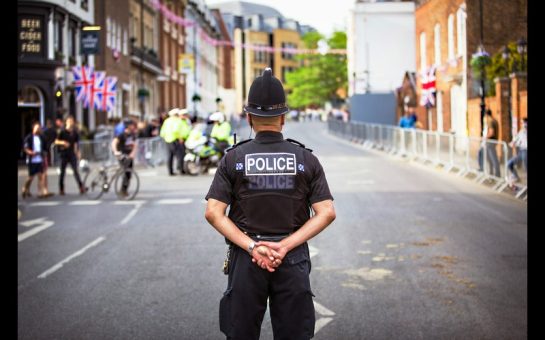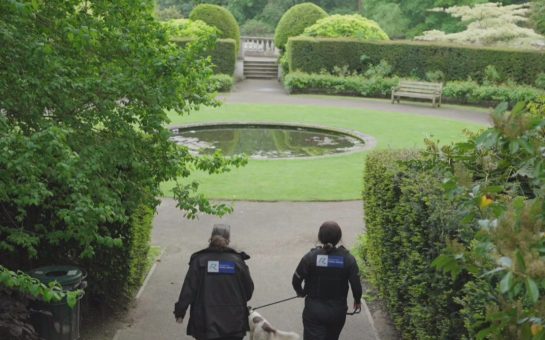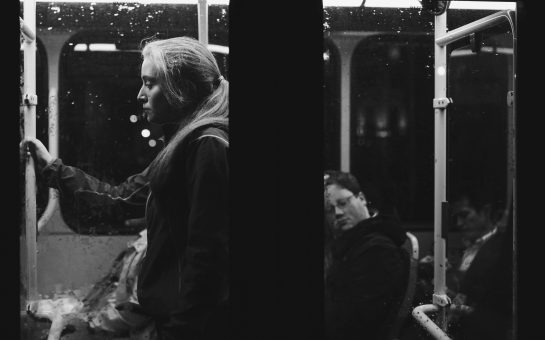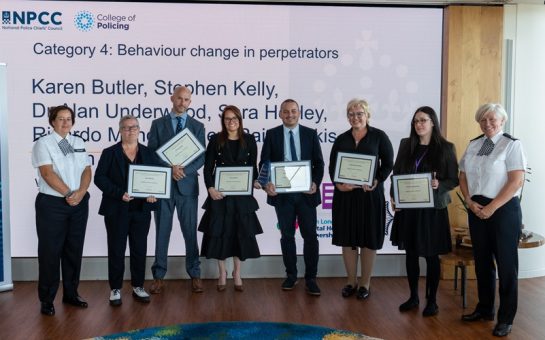Three men were convicted of trafficking offences involving young people from south London in a landmark ‘county lines’ case last week.
Michael Karemera, 25, of Lewisham, Glodi Wabelua, 25, of Tottenham, and Dean Alford, 25, of Canterbury controlled six vulnerable south London victims between London and Portsmouth to facilitate their drug trafficking business, making up to £2,000 per day.
The teenage victims, five of whom were children when discovered by police, were recruited and groomed to deliver Class A drugs on behalf of the defendants and deliver earnings to the traffickers.
They were stripped of freedom of movement by the defendants, who gave them orders by mobile phone while they were being harboured in homes of drug users in Portsmouth.
They were controlled with violence, threats and humiliation. One adult victim reported that when he tried to escape, he was stripped naked by members of the organised crime group and threatened at gun point.
The other five reported victims were too frightened to give evidence.
This landmark case is one of the first convictions for ‘county lines’ trafficking in the UK, in which drug lords exploit vulnerable victims, who are often children, as part of lucrative drug lines.
County lines cases are not individually recorded, but the National Crime Agency stated the crime is increasing and is largely responsible for a 48% increase in referrals of child victims of modern slavery seen in 2018.
There were 2,087 suspected victims of modern slavery from the Metropolitan Police area referred into the national referral mechanism (NRM) in 2018, the UK’s official system of identification for slavery and human trafficking.
Of a total 6,993 referrals into the NRM 2018, more than 19% were British children.
Despite the number of victims identified, there were only 185 total convictions for modern slavery in the year 2017/2018.
This is in part believed to be due to victims being too scared of repercussions for giving evidence, as was the case for the five child south London victims above.
Anti-Slavery International, a campaigning organisation, lists distrust of authorities as one of the key indicators of human trafficking on its website.
However, Every Child Protected Against Trafficking (ECPAT) expressed concerns that the lack of prosecutions is due to children being treated as criminals rather than victims in its annual report.
Alison Saunders, director of public prosecutions said: “Modern slavery has a devastating, lasting impact on its victims. There is no place in our society for those who enslave others, whether for work, sexual or criminal exploitation or domestic servitude.
“We are working in partnership with police and other partners from the outset to make sure we can build robust cases and deliver justice for victims.”
Estimates from the Global Slavery Index in 2016 indicate there could be as many as 136,000 victims of slavery in the UK, suggesting tens of thousands are suffering in silence at the hands of traffickers.
This case demonstrates that not only is slavery still in existence, it is very much close to home.




